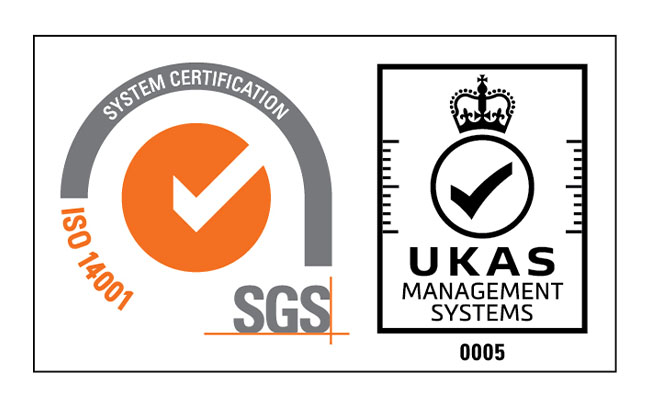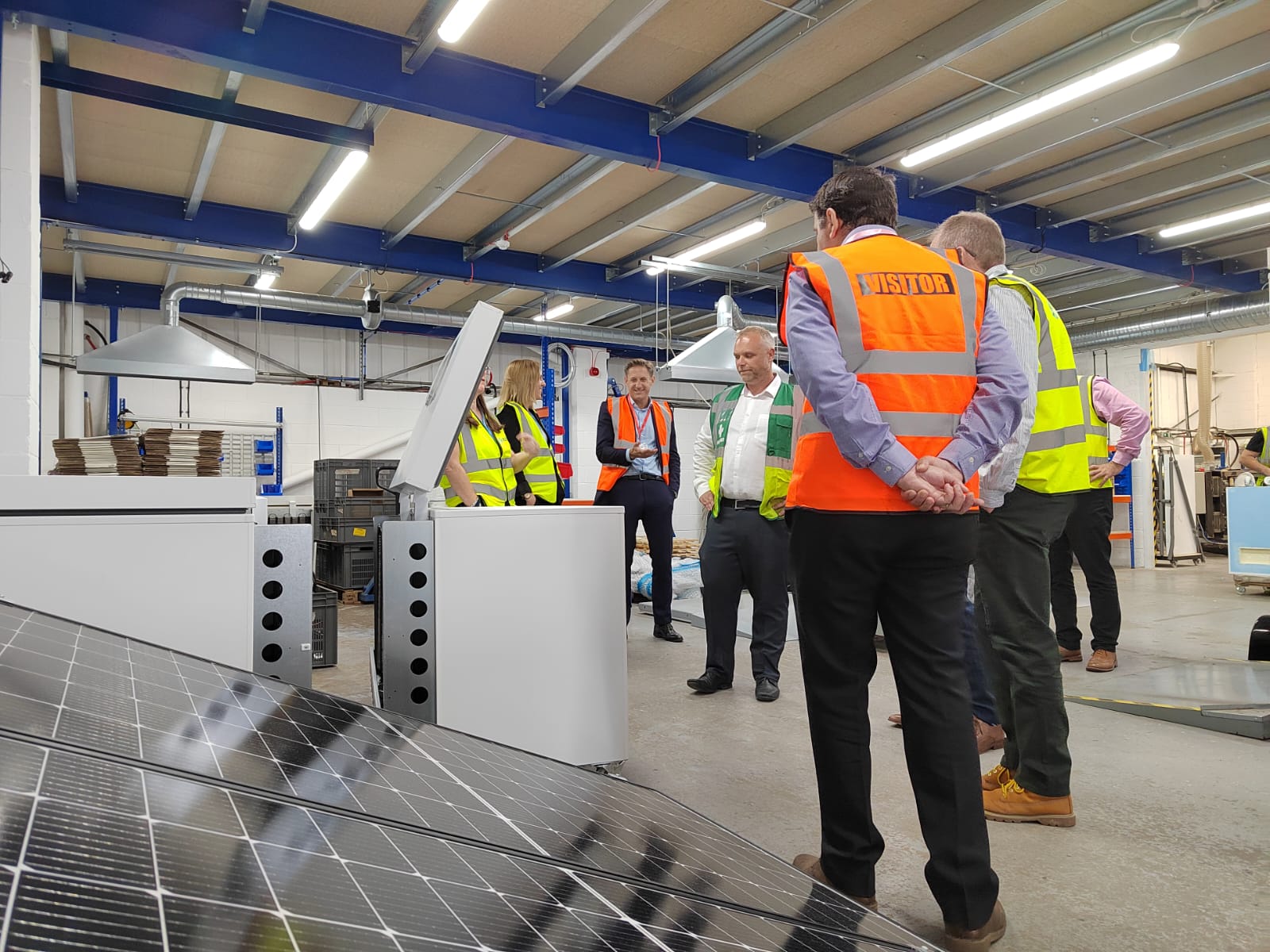Global leaders have pledged $2.6 billion to eradicate polio at the recent ‘Reaching the Last Mile’ Forum in Abu Dhabi.
This financial commitment will enable the vaccination of 450 million children against polio each year and help overcome barriers to reaching every child.
This pledge follows the announcement in October that the world has eradicated two of the three wild poliovirus strains, leaving only wild poliovirus type 1 (WPV1) still in circulation. Additionally, Nigeria – the last country in Africa to have cases of wild polio – has not seen wild polio since 2016 and the entire WHO African region could be certified wild polio-free in 2020. Thanks to the dedicated efforts of health workers, governments, donors and partners, wild polio only circulates in two countries: Pakistan and Afghanistan.
“From supporting one of the world’s largest health workforces, to reaching every last child with vaccines, the Global Polio Eradication Initiative is not only moving us closer to a polio-free world, it’s also building essential health infrastructure to address a range of other health needs,” said Dr Tedros Adhanom Ghebreyesus, Director-General of the World Health Organization and Chair of the Polio Oversight Board.
The commitments announced at the forum come at a critical time for the polio eradication effort. Barriers to reaching every child – including inconsistent campaign quality, insecurity, conflict, massive mobile populations, and, in some instances, parental refusal to the vaccine – have led to ongoing transmission of the wild poliovirus in Pakistan and Afghanistan. Further, low immunity to the virus in parts of Africa and Asia where not all children are vaccinated has sparked outbreaks of a rare form of the virus. To surmount these obstacles and protect 450 million children from polio every year, governments and donors announced significant new financial commitments toward the $3.27 billion needed to support the Polio Endgame Strategy.
Pledges came from a number of donors including the UK which has offered a package of up to $514.8 million towards the Global Polio Eradication Initiative.
The International Development Secretary Alok Sharma said: “We have made tremendous progress to fight this debilitating disease, but our work must continue if we are to eradicate it for ever. If we were to pull back on immunisations, we could see 200,000 new cases each year in a decade. This would not only be a tragedy for the children affected and their families, but also for the world. We cannot let this happen.”
This funding which runs from 2020 to 2023 will help buy tens of millions doses of polio vaccine every year – enough to vaccinate more than 750 children a minute.
Talking about the UK donation; co-chair of the Bill and Melinda Gates Foundation Bill Gates said: “we have the ability to wipe polio off the face of the planet. But that will require more support to the Global Polio Eradication Initiative. I’m excited to see the UK leading the way on this front. Their generosity will make a huge difference in eradicating this disease once and for all.”
In addition to overcoming barriers to reach every child, the $2.6 billion funding will ensure the resources and infrastructure built by the GPEI can support other health needs today and in the future. Polio workers deliver Vitamin A supplements, provide other vaccines like those for measles and yellow fever, counsel new mothers on breastfeeding, and strengthen disease surveillance systems to anticipate and respond to outbreaks. As part of its commitment to advance gender equality and women’s empowerment, the GPEI is also working to ensure equal participation of women at all levels of the programme.
The future of polio eradication hinges on support and engagement at all levels of the programme including providing reliable vaccine storage to support the project. “At Dulas we have developed a wide range of dependable WHO approved solar powered refrigerators enabling vaccines to be stored correctly in clinics that don’t have access to reliable electricity” said Guy Watson, Head of International Operations at Dulas.
The World Health Organisation (WHO) estimates that half of vaccines are wasted during the course of global immunisation outreach. Much of this wastage is preventable, caused by a failure to keep vaccines at the correct temperature during transport and storage, with any vaccines exposed to conditions outside of this range destroyed. The Dulas range of PQS approved refrigerators and waterpack freezers along with our remote temperature monitoring device the Vaccine Guard ensure that vaccines are protected 365 days of the year.








